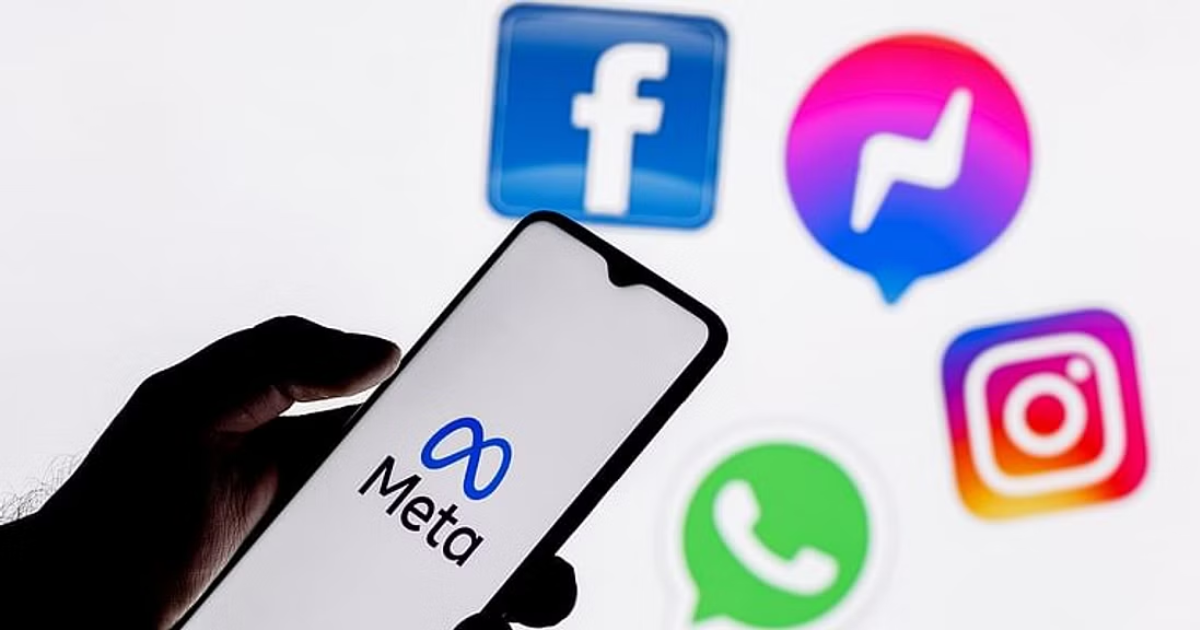Meta shareholders voted against the proposal to assess allegations of political entanglement and content management biases in India during the company’s annual general meeting held on May 31.
Earlier, certain Meta shareholders had requested a nonpartisan assessment of allegations concerning political entanglement and content management biases within the company’s operations in India. The proposal specifically focused on how the platform might have been used to fuel ethnic and religious conflicts and promote hatred.
The resolution also called for an evaluation of potential political biases in Meta’s activities and an assessment of whether the content management algorithms and personnel in India were adequately equipped to address the widespread dissemination of hate speech and disinformation in multiple languages.
The resolution was put forward by the global non-profit advocacy organization SumOfUs on behalf of activist Mari Mennel-Bell, as stated in a filing with the US Securities and Exchange Commission (SEC). Local privacy rights groups such as India Civil Watch International (ICWI) and the Internet Freedom Foundation (IFF) also supported the resolution.
In response, a Meta spokesperson emphasized the company’s commitment to respecting human rights and its efforts to promote user safety in India. The spokesperson highlighted Meta’s extensive disclosure on human rights policies and practices and the publication of an independent human rights impact assessment regarding potential risks in India.
Meta, formerly known as Facebook, has faced scrutiny in India for its alleged role in spreading hate speech. The company received criticism for reportedly supporting hate speech by Indian political leaders affiliated with the ruling party in 2020. Meta’s human rights impact assessment report on India in July of the same year was accused of inadequately addressing hate speech against religious minorities.
In addition to these criticisms, Meta has experienced high-level departures in India, further exacerbating internal challenges. The head of WhatsApp India, Abhijit Bose, and Meta’s India public policy director, Rajiv Aggarwal, resigned in November, followed by Meta India head Ajit Mohan, who left to join Snap.



![[CITYPNG.COM]White Google Play PlayStore Logo – 1500×1500](https://startupnews.fyi/wp-content/uploads/2025/08/CITYPNG.COMWhite-Google-Play-PlayStore-Logo-1500x1500-1-630x630.png)